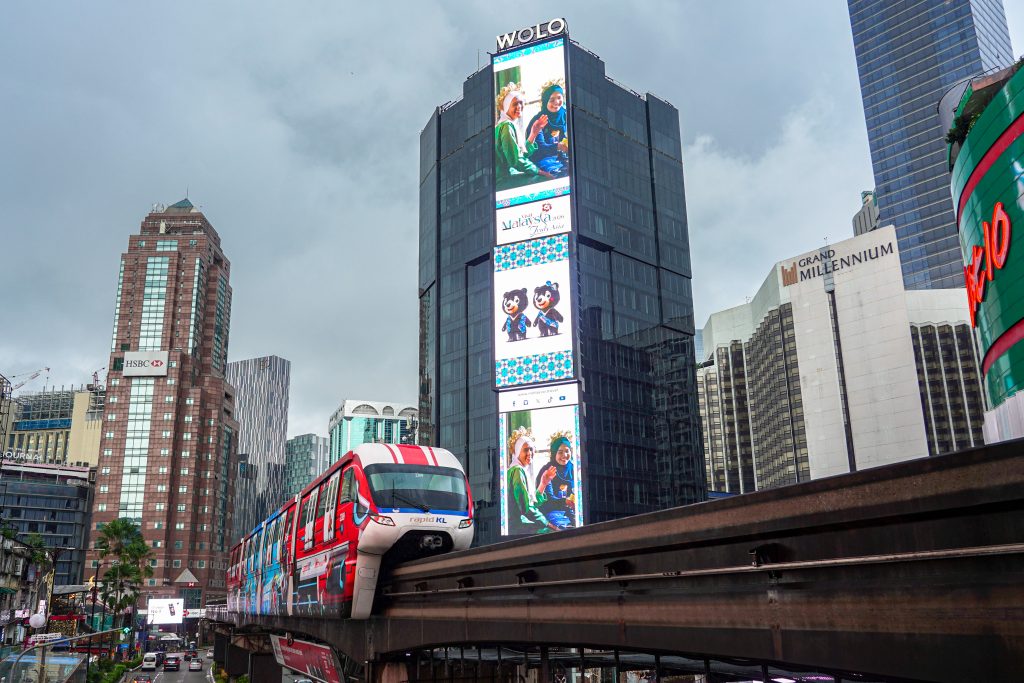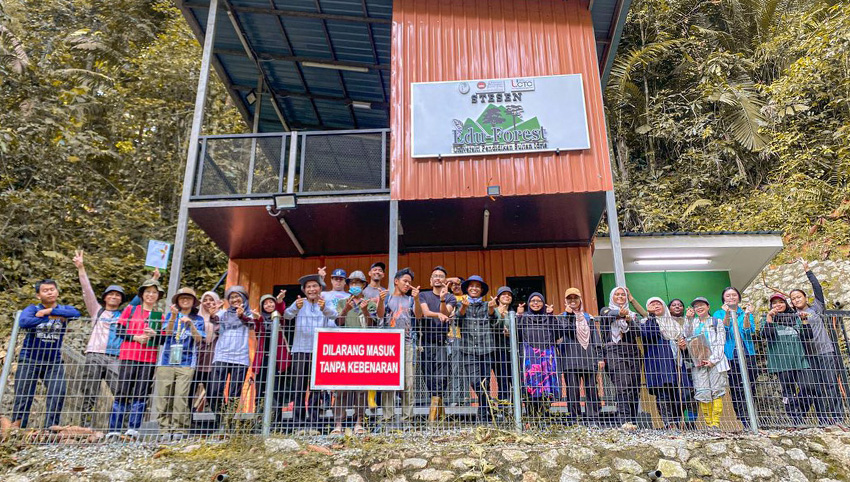Auto Added by WPeMatico
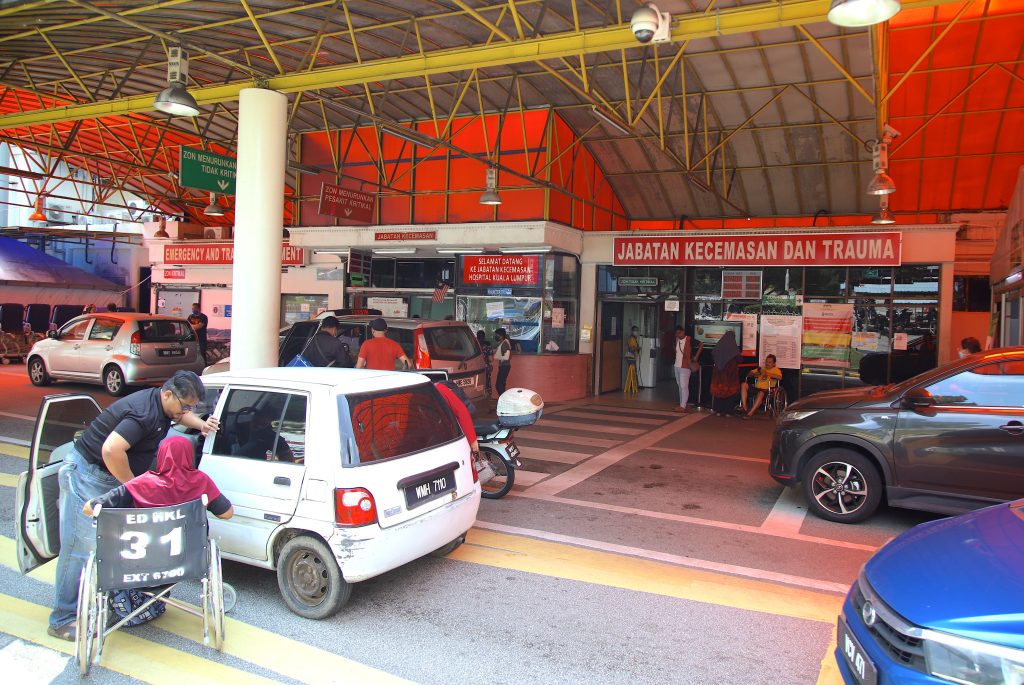
Healthcare is getting more expensive, while public hospitals struggle with overworked staff
 WE’VE all heard it before: Health is wealth. And honestly, right now, in Malaysia, it couldn’t ring truer. Think about it — without good health, everything else in life takes a back seat. Your career ambitions, financial stability, family life, even the simple peace of mind we all crave, can quickly crumble if your health falters. But when we zoom out from individual lives to the national scale, the question becomes bigger: How do we ensure everyone in the country can stay healthy without going broke?
WE’VE all heard it before: Health is wealth. And honestly, right now, in Malaysia, it couldn’t ring truer. Think about it — without good health, everything else in life takes a back seat. Your career ambitions, financial stability, family life, even the simple peace of mind we all crave, can quickly crumble if your health falters. But when we zoom out from individual lives to the national scale, the question becomes bigger: How do we ensure everyone in the country can stay healthy without going broke?
This is the challenge Malaysia is facing today. Across the board, our healthcare system is being tested. Private healthcare costs keep climbing, insurance and takaful premiums are rising and our public hospitals are stretched so thin that doctors, nurses, and allied health staff are constantly overworked. This isn’t just a policy issue — it’s a reality that touches every Malaysian household, and it’s changing how we define “wealth” in terms of health.
Protection That’s Getting Harder to Afford
Most of us rely on some form of health coverage, whether it’s private insurance or takaful. Ideally, these are supposed to offer a safety net, spreading risk so that no single family is crushed by medical bills. But over the past few years, premiums have been rising at a pace that feels almost relentless.
Medical inflation — essentially the rate at which healthcare costs rise — has been averaging around 15% in 2023 and 2024, which is higher than general inflation and faster than the Asia-Pacific regional average. That means that every time we think we’re covered, our coverage costs more, and in some cases, offers less than before.
Take the example of a young professional in Kuala Lumpur who has a standard medical insurance policy. Two years ago, their monthly premium might have been RM300. Now, it could be RM420 or even RM450, depending on the plan. For a single person, that’s a significant increase, but for a young family, the numbers start to add up quickly.
It’s not surprising, then, that policy cancellations are rising. Between January 2024 and June 2025, more than 340,000 Malaysian insurance and takaful policies were surrendered because premiums became unaffordable. Many middle-income households find themselves caught in a difficult middle ground: They don’t qualify for government subsidies, but paying for private healthcare or insurance is a stretch. Even families in the top 20% of income group (T20) earners are sometimes opting back into public hospitals because private care has become prohibitively expensive, placing further strain on an already overburdened system.
The takaful sector has also been sounding alarms. When medical costs rise faster than contributions, the pooled funds that support takaful plans face significant strain. Companies are left with no choice but to raise premiums or tighten coverage.
There are attempts to address this problem. For instance, the Malaysian government has proposed the Medical and Health Insurance/Takaful (MHIT) base plan, which aims to create more affordable benchmark products and even allows Malaysians to use Employee Provident Fund (EPF) savings to pay premiums. While this is a step in the right direction, critics argue that it doesn’t tackle the root causes of rising costs — the structural issues in healthcare pricing and delivery that continue to push premiums upward.
Health Costs Keep Outpacing Coverage
The problem isn’t just about rising premiums. The very structure of insurance and takaful can be vulnerable in times of rapid cost increases.
Here’s why: When healthy people drop coverage because premiums are too high, the pool of insured becomes riskier. The remaining insured population tends to have higher healthcare needs, which drives premiums even higher — a classic case of “adverse selection.” On top of that, many
private hospital services operate on fee-for-service pricing. As treatment costs rise, insurance payouts rise with them, and any reform that doesn’t address the underlying cost of care itself is unlikely to succeed.
For example, consider the cost of a common procedure like an appendectomy in a private hospital. Five years ago, the surgery might have cost RM8,000. Today, with advanced equipment, hospital fees and post-operation care included, the same procedure can easily exceed RM15,000. If insurance premiums rise in response, many families will either pay more out-of-pocket or delay coverage altogether.
And this isn’t just a financial problem; it’s a matter of equity. When insurance is out of reach for a growing portion of society, access to timely care becomes stratified by wealth. People delay treatment, conditions worsen and eventually, the public system bears the extra burden.
Public Healthcare — A Lifeline Stretched Thin
Malaysia’s public hospitals and clinics have long been the backbone of equitable healthcare access, providing subsidised care to anyone who needs it. But these lifelines are under significant strain. Programmes like Rakan KKM, designed to link private and public capacity, have highlighted just how limited resources are.
Staff shortages are a major part of the problem. Many hospitals are short of doctors, nurses and allied health professionals. Some regions report nurse-to-patient ratios far below the optimal standard, leaving hospitals struggling to meet demand.
The consequences are all too visible. Patients face long waits for consultations, delayed elective surgeries and crowded emergency rooms. Staff burnout is increasingly common, with clinicians juggling heavy caseloads that compromise both care quality and their own well-being.
Even though Malaysia produces many healthcare graduates every year, the public sector struggles to retain them. Contract work, limited career progression and modest salaries push many into private practice or overseas opportunities, leaving public hospitals further understaffed. This internal “brain drain” directly impacts service quality and access for everyday Malaysians.
For example, in states like Selangor and Johor, patients sometimes wait weeks — even months — for non-emergency procedures like cataract surgery or joint replacements. Meanwhile, emergency rooms see overcrowding because primary care clinics can’t handle the patient volume.
The Ripple Effect
Staff shortages and stretched public hospitals don’t just affect queues; they have ripple effects throughout life and the economy. Delayed care can turn manageable health issues into chronic problems, lowering quality of life and productivity.
Families without insurance face high out-of-pocket expenses that eat into savings, sometimes forcing them to take loans or cut back on other essentials. In many ways, rising healthcare costs act like an invisible tax on households, draining both financial and health “wealth.”
Consider the case of a middle-income family whose teenage child develops asthma. Without timely treatment, the condition worsens, leading to hospitalisations that can cost thousands of ringgit. If insurance coverage isn’t comprehensive or affordable, this family may face debt, missed workdays and long-term health consequences — a situation all too common in Malaysia today.
Moving Beyond Quick Fixes
If health is truly wealth, Malaysia needs more than band-aid solutions. Capping premiums or offering base plans are useful stopgaps, but they won’t solve the structural challenges.
First, private healthcare pricing needs transparency and regulation. Unchecked fees fuel both rising insurance premiums and public dissatisfaction. Without controlling the cost of treatment itself, coverage reforms alone can’t keep healthcare affordable.
Second, the public healthcare workforce must be strengthened. This means better pay, clear career paths, improved working conditions, and incentives for underserved regions. Programmes that retain talent in public hospitals will help ease capacity issues and reduce burnout.
Third, it’s time to rethink healthcare financing in Malaysia. A national conversation on sustainable, equitable funding — whether through universal coverage, hybrid models, or public-private partnerships — could ensure that no Malaysian loses health or financial stability because of illness.
Potential Solutions
Some examples abroad show that creative solutions are possible. In Singapore, the MediShield Life programme provides basic insurance coverage for all citizens, supported by government subsidies for lower-income groups. Thailand’s Universal Coverage Scheme has similarly expanded access while controlling costs.
Locally, Malaysia could expand programmes like Rakan KKM, pairing public hospitals with private resources, while improving workforce retention strategies and investing in preventive care programmes. Emphasising preventive medicine — vaccinations, chronic disease management and health education — could also reduce the long-term strain on both public and private healthcare systems.
Why Optimism Matters
Affordability, accessibility, and quality are the pillars of a strong healthcare system. Right now, Malaysia is navigating rising private costs, overworked public hospitals and unequal access. But there is reason to be optimistic.
Policy reforms under the MHIT framework, increased healthcare budgets and growing public discussion show that solutions are within reach. What remains essential is a shared commitment — from the government, private sector, and citizens — to ensure that good health isn’t a privilege, but a right for all.
At the end of the day, health isn’t just a personal asset. It’s the foundation for social and economic well-being. Only when Malaysia can ensure access, affordability and quality care for all citizens can we truly live the adage: Health is wealth — not just in words, but in practice.
- Intan Baha is the chief sub-editor/ production editor of The Malaysian Reserve.
- This article first appeared in The Malaysian Reserve weekly print edition
The post Paying for peace of mind appeared first on The Malaysian Reserve.

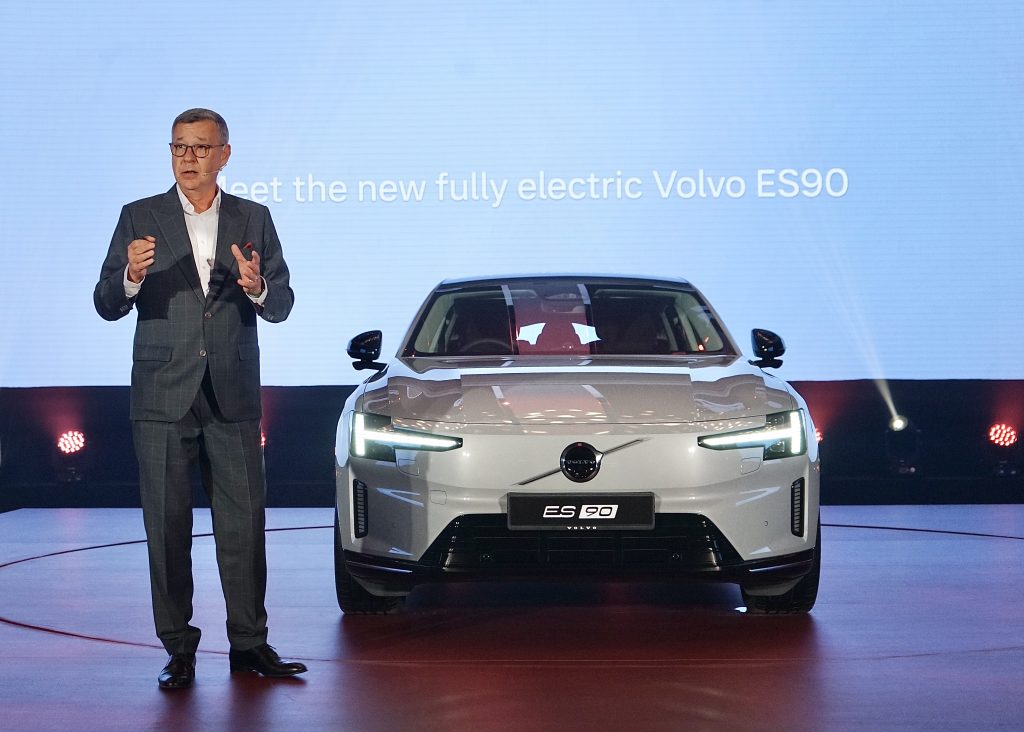

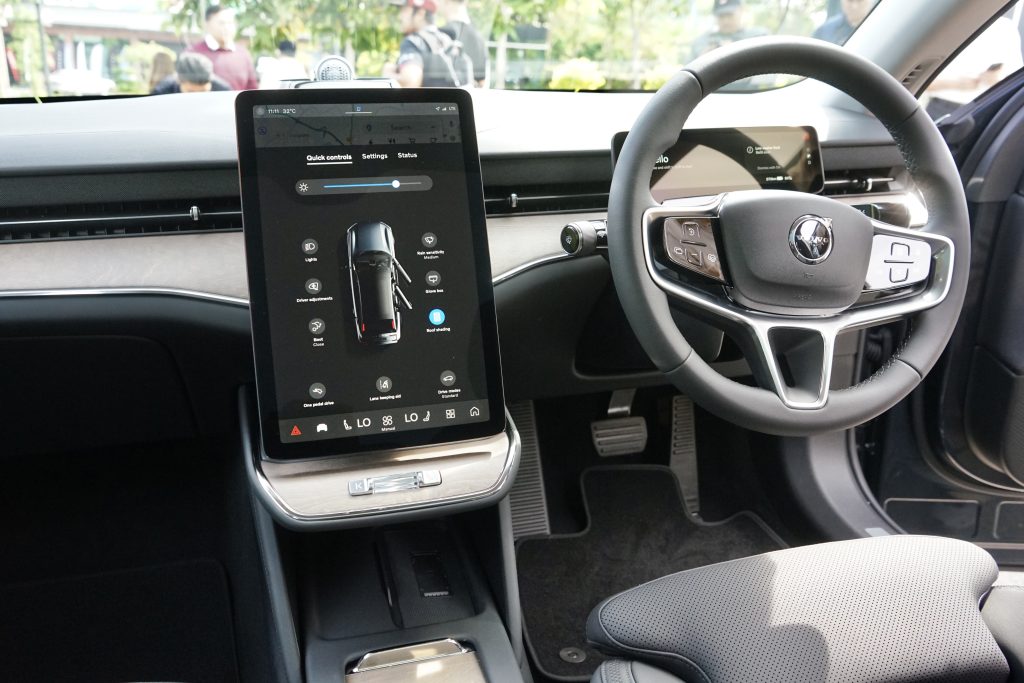
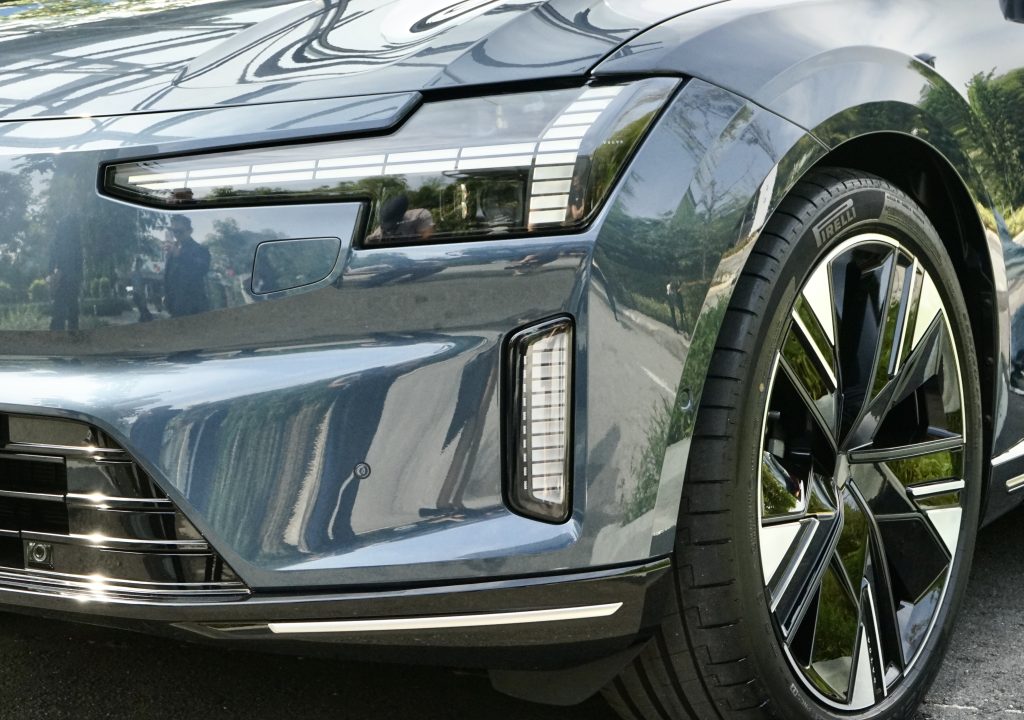

 IF YOU could safely implant a chip in your brain to enhance your intelligence, would you?
IF YOU could safely implant a chip in your brain to enhance your intelligence, would you?


